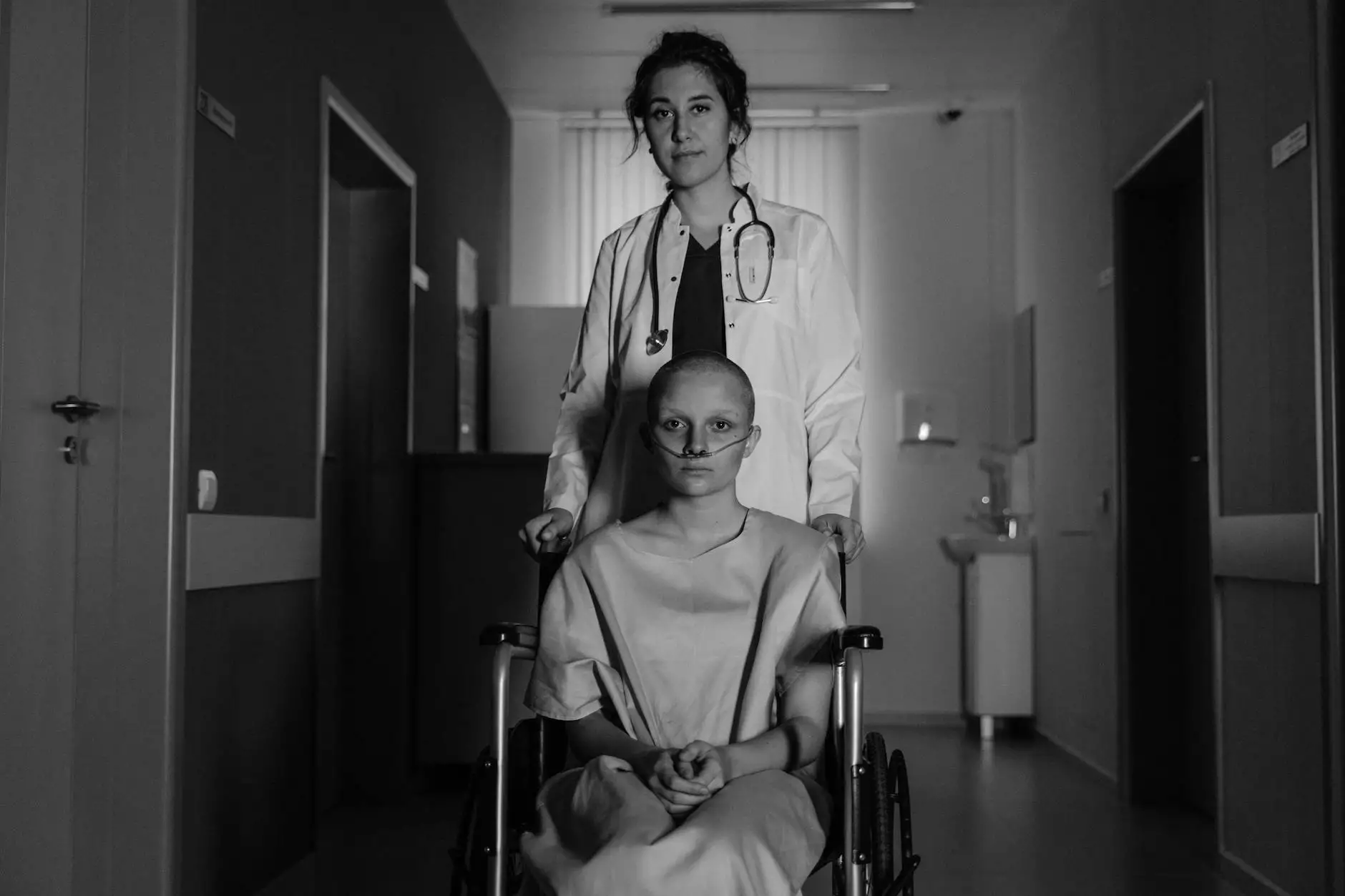Cancer Specialist Doctors: Expert Care and Treatment Options

Cancer remains one of the most challenging health crises affecting millions worldwide. Cancer specialist doctors are at the forefront of this battle, serving as essential figures in diagnosis, treatment, and overall patient care. This article delves into their vital role in the healthcare system, exploring their qualifications, various specialties, and the innovative treatment options they provide.1
Understanding the Role of Cancer Specialist Doctors
Cancer specialist doctors, often referred to as oncologists, focus on the treatment of cancerous diseases. Their expertise encompasses a range of responsibilities, including:
- Diagnosis: Using advanced technologies such as imaging tests, biopsies, and lab tests to accurately diagnose different types of cancer.
- Treatment Planning: Developing personalized treatment plans that may include surgery, chemotherapy, radiation therapy, or immunotherapy.
- Patient Education: Guiding patients through their treatment options and the importance of each step in the management of their condition.
- Post-Treatment Care: Monitoring patients after treatment for recurrence or managing side effects of cancer treatments.
Qualifications and Training of Cancer Specialist Doctors
Becoming a cancer specialist requires extensive education and training. Here’s an overview of the typical pathway:
- Undergraduate Education: A bachelor’s degree, usually in a science-related field, is essential.
- Medical School: Completing a medical degree (MD or DO) takes approximately four years.
- Residency: An internship followed by a residency in internal medicine—lasting about three years—where future oncologists gain comprehensive knowledge of adult medical care.
- Fellowship: Specialized training in oncology, which typically lasts an additional 2-3 years.
By this point, cancer specialist doctors have accumulated years of experience specifically related to cancer care, significantly enhancing their capability to manage complex cases.
Types of Cancer Specialists
Cancer is not a single disease; it encompasses a myriad of specific conditions, each requiring specialized knowledge. Below are the primary types of oncologists:
- Medical Oncologists: Focus on chemotherapy and non-surgical approaches to cancer treatment.
- Surgical Oncologists: Specialize in surgically removing tumors and surrounding tissues.
- Radiation Oncologists: Use radiation therapy to treat cancer.
- Pediatric Oncologists: Experts in treating cancer in children.
- Gynecologic Oncologists: Deal specifically with cancers of the female reproductive system.
- Hematologic Oncologists: Focus on blood cancers, such as leukemia and lymphoma.
Innovative Treatment Options Provided by Cancer Specialist Doctors
The evolution of cancer treatment over the years has been remarkable, with cancer specialist doctors utilizing a range of innovative therapies to improve outcomes for their patients. Some notable advancements include:
1. Targeted Therapy
Unlike traditional chemotherapy, which affects all fast-growing cells, targeted therapy focuses specifically on cancer cell mechanisms. This precision minimizes damage to normal cells, leading to fewer side effects and better recovery rates.
2. Immunotherapy
Immunotherapy leverages the body’s immune system to fight cancer. Treatments such as checkpoint inhibitors can produce lasting remissions in some patients, revolutionizing how certain cancers are treated.
3. Personalized Medicine
Through genomic testing, oncologists can tailor treatments to the individual patient based on their unique genetic makeup and the specific characteristics of their cancer. This approach enhances the efficacy of therapies and informs prognosis.
4. Combination Therapies
Often, a multidisciplinary approach involving a combination of surgery, radiation, and chemotherapy is utilized to achieve the best outcomes. Each therapy works synergistically to eliminate cancer cells and minimize recurrence.
The Importance of Patient-Centered Care
Effective cancer treatment extends beyond just administering therapies. Patient-centered care is fundamental, emphasizing:
- Emotional Support: Addressing the psychological impacts of cancer through counseling and support groups.
- Holistic Care: Providing resources for nutritional support, pain management, and palliative care to enhance quality of life.
- Family Involvement: Encouraging inclusive care where family members are educated and involved in the treatment journey.
Research and Clinical Trials
Cancer specialist doctors often engage in clinical research, contributing to the advancement of treatment methodologies and improving patient outcomes. Involvement in clinical trials offers patients access to cutting-edge therapies that may not yet be widely available. Participating in these studies can provide critical data that informs future standards of care in oncology.
Finding the Right Cancer Specialist Doctor
Choosing the right oncologist is crucial for effective treatment. Here are some tips for finding the best cancer specialist:
- Research Credentials: Verify their qualifications, board certifications, and areas of specialization.
- Consider Experience: Look for doctors who have substantial experience in treating your specific type of cancer.
- Assess Communication Style: Find someone with whom you feel comfortable discussing your concerns and treatment options.
- Seek Referrals: Ask for recommendations from other healthcare providers, friends, or support groups.
Conclusion: The Future of Oncology
The field of oncology is rapidly evolving, marked by technological advancements and a deeper understanding of cancer biology. Cancer specialist doctors play a pivotal role not only in treating cancer but also in leading research, volunteering for trials, and advocating for patient welfare. Their determination and expertise are at the heart of the ongoing fight against cancer, providing hope where it is needed most.
As we look forward, the integration of artificial intelligence, machine learning, and enhanced research methodologies promises exciting new horizons in cancer treatment, ensuring that cancer specialist doctors can continue to deliver high-quality, personalized care to their patients.
For more information or to find a cancer specialist near you, visit oncologicalsurgery.net.



